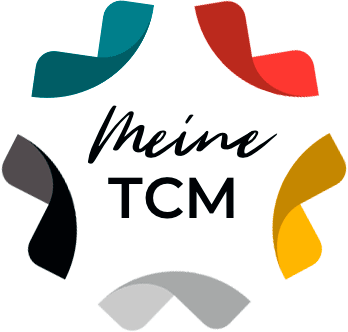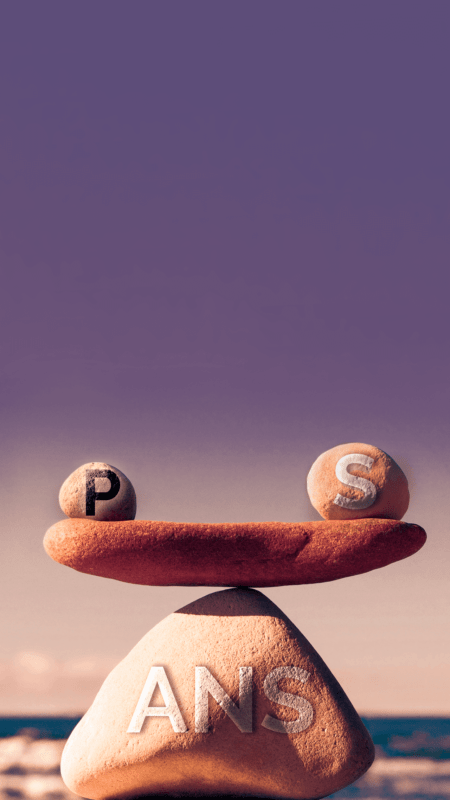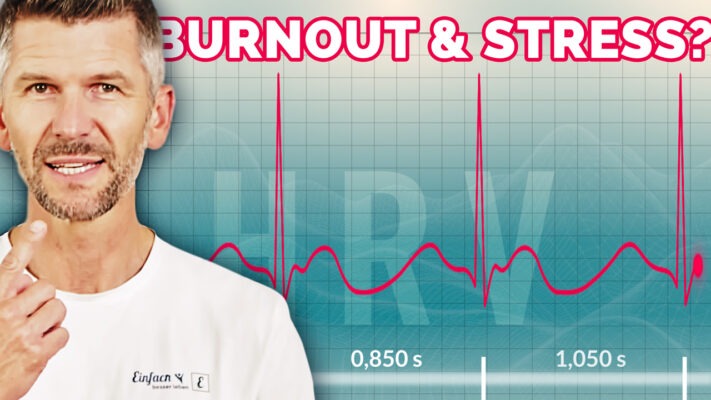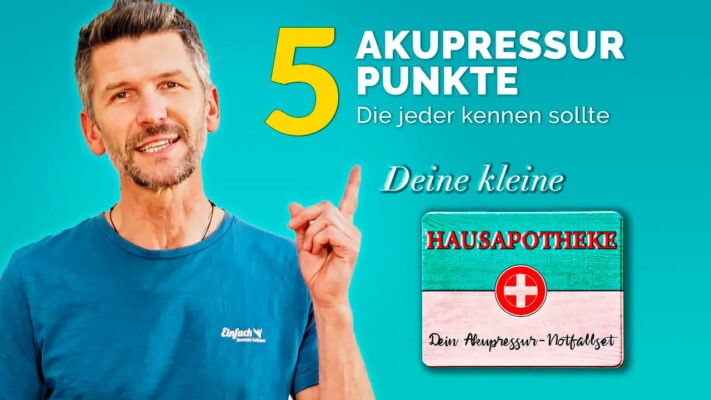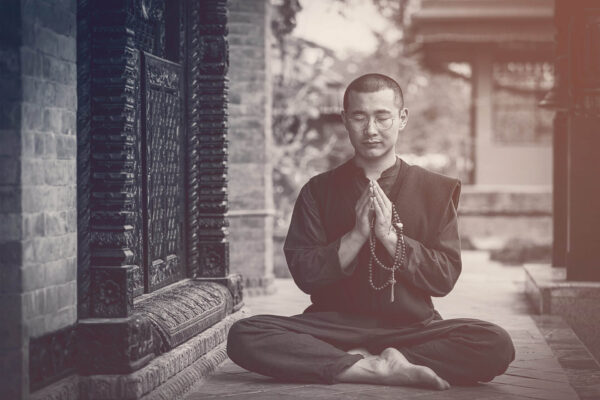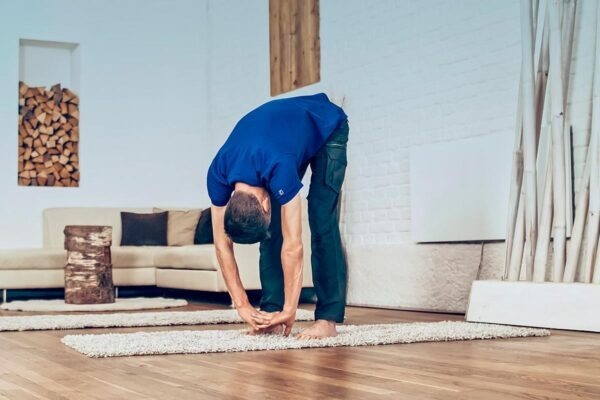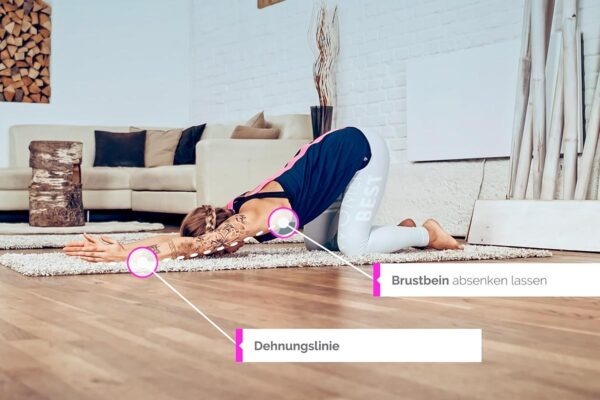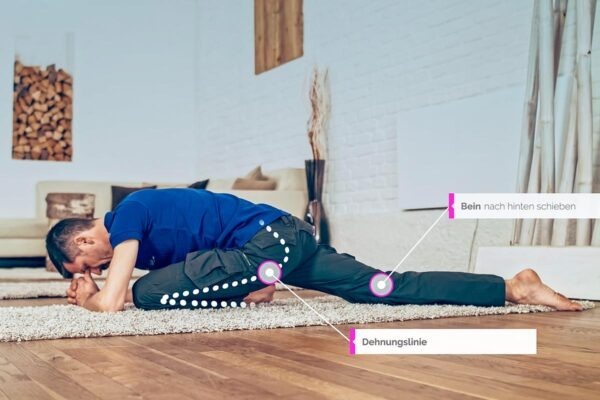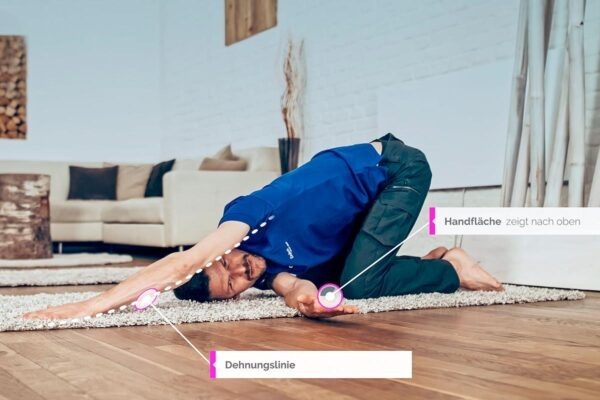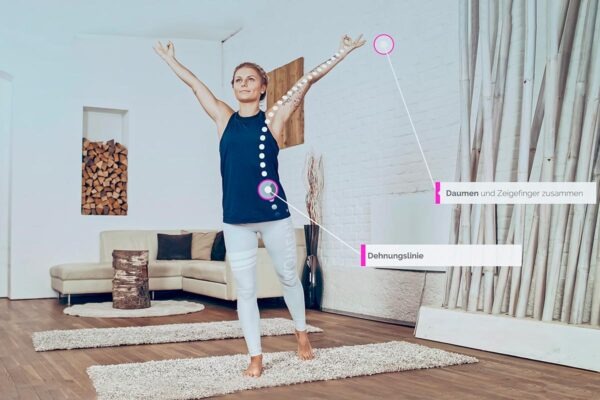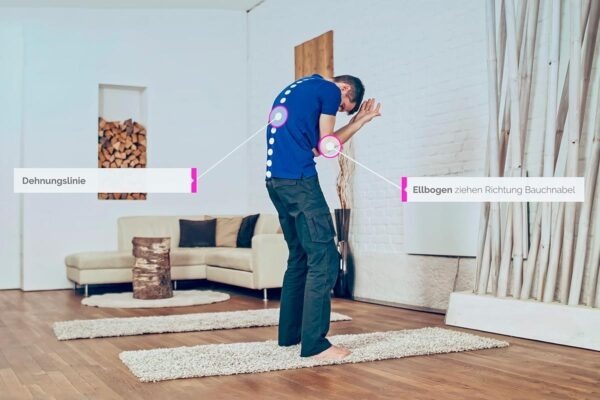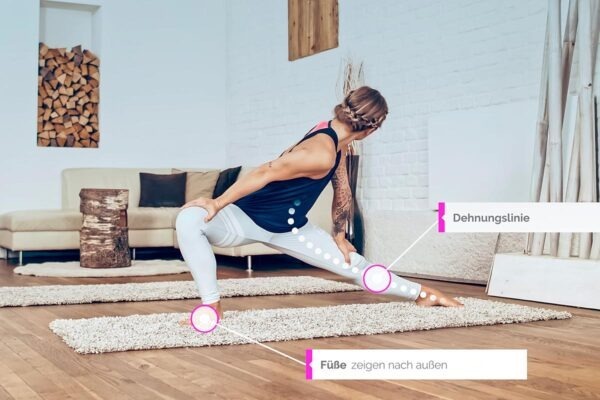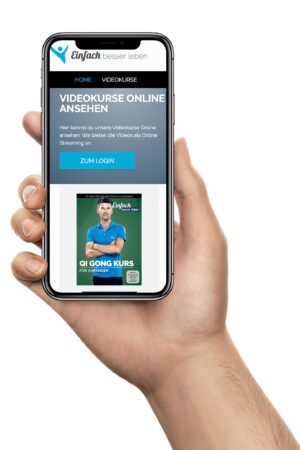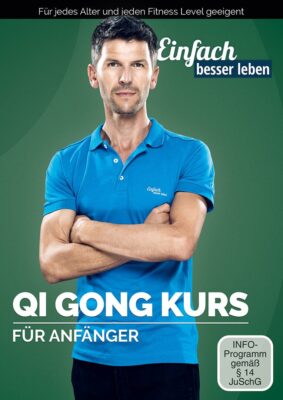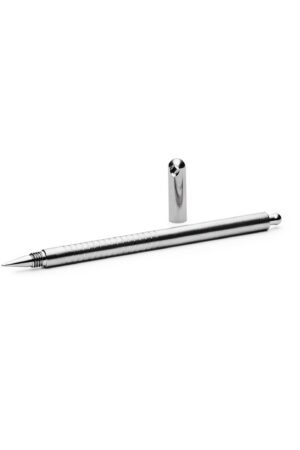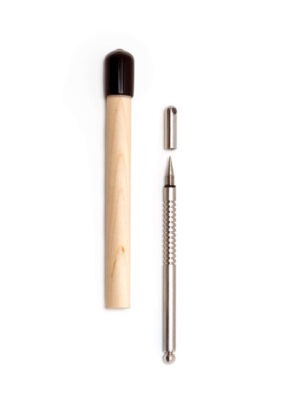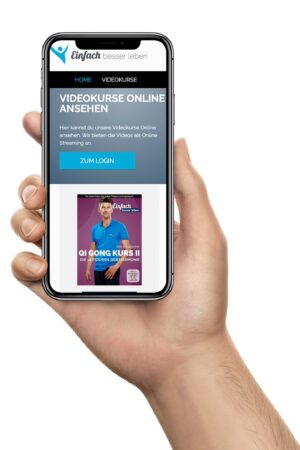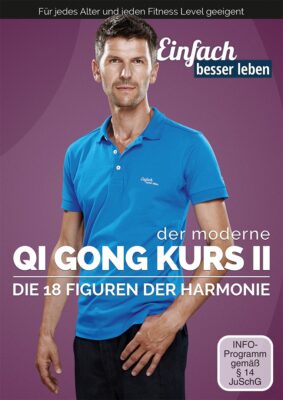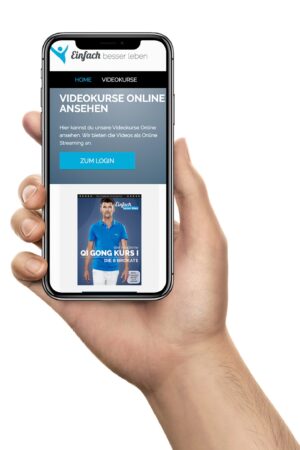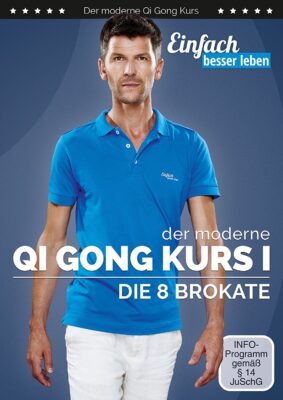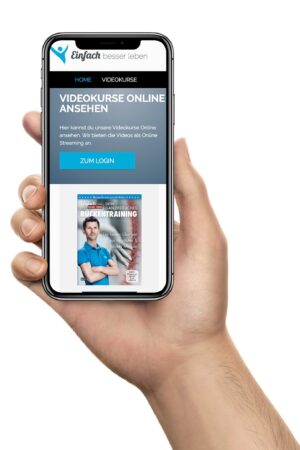Reduce stress with Qi Gong
Qi Gong Online Course
This is an image caption.
Counteract the stress
Stress is a response of the body to an external stimulus or demand. Stress is basically not negative in this sense. Something happens outside, for example it gets cold and the body has to react to this situation, in this case by closing the pores to lose less heat. Or at work we get the task to start a new project. We psychologically adjust to the fact that we have to be able to cope with the new requirements.
If someone perceives this task as an opportunity that they are confident they can accomplish, this is positive stress. This is also referred to as eustress, i.e. positive and beneficial stress.
However, the same task may lead to a feeling of being overwhelmed for another, and that person's body chemistry shows that the stress is perceived as negative.
During stress, the stress hormones adrenaline and cortisol are released in particular. These hormones put the body on heightened alert. They create an inner escape mechanism, so to speak. This mechanism dates back to the Stone Age, where we had to flee or fight when faced with a problem. That made perfect sense.
Nowadays, however, we rarely have a saber-toothed tiger in front of us, but other triggers that stress us out. We have too many emails, too many cell phone messages, free time stress and professional situations that are often very challenging. Then maybe there is stress in the relationship and then it can become too much. We burn out internally, until in extreme cases a burnout is diagnosed.
Adrenaline increases blood pressure and pulse rate, making us more efficient. The release of adrenaline makes sugars and fats available for increased performance. Adrenaline ,like cortisol is produced in the adrenal gland. Cortisol is actually the body's own cortisone and has the function of inhibiting inflammation in the body. If a stress reaction is followed by movement, e.g. during an escape, the adrenaline is released again.
But in the case of an exam or work overload, or public speaking, there is not necessarily a reduction in stress hormones through exercise afterwards. And so the stress reaction remains in the body longer than is healthy. If this condition persists, it can lead to health problems. The immune system is shut down primarily by cortisol, which has an immunosuppressive effect.
What actually causes stress?
From stress research we know that the following situations trigger stress.
1.) Overload due to too many hours of work, or incorrect distribution of tasks.
2) Noise, e.g. the background noise in a big city.
3.) Lack of sleep for a long time
4.) Social stress: bullying, children, problematic relationship
5.) Time pressure
6.) Monotony in the work overload.
7) Falling in love; if you measure the body chemistry of people in love, you will find an increased cortisol secretion, which indicates stress. However, in combination with many happiness hormones, which fortunately balance the whole again!
So stress triggers are very diverse and have a different effect on each person. What means a lot of stress for one person is no big deal for another.
How does stress manifest itself?
From the point of view of TCM, stress is simply a special form of energy and basically not bad. Something happens outside and we have to react.
From an energetic point of view, the heart meridian and the circulatory meridian are certainly also affected, because these meridians process the emotional consequences of stress, whereby the circulatory meridian has a buffer function. It protects the heart from the strong stress reactions in the body. In the background, a lot of energy is needed by the kidneys to deal with the situation. The adrenal glands, which are added to the kidneys, must be strengthened, because it is they who must produce the stress hormone adrenaline in large quantities, so that we can work at "full steam" and are efficient.
If emotional "derailments" still occur in the course of stress, the liver meridian also plays a major role. It then begins to stagnate. A situation arises which is called "liver qi stagnation" in TCM. The liver energy is blocked and can lead to a variety of symptoms, such as migraines, headaches, tinnitus or hearing loss, neck tension or digestive problems.
What can you do about stress?
Qi Gong is an optimal therapy tool to reduce stress. Conscious and deep breathing activates the parasympathetic nervous system, the part of the autonomic nervous system that leads the body into relaxation.
Our beginner's course in Qi Gong is an easy way to approach the subject of Qi Gong.
I wish you much joy in learning this traditional art of movement!
Sincerely
Wolfgang
Stress originates in the mind. Relaxation too.
Tips to reduce stress in everyday life
- BREATH: Simply try to observe your breath every now and then during the day. For this to work during the day, however, you should first try it out in a quiet moment. For example, in the evening by listening to our podcast. There you will learn to observe your breath in a very simple way. It is actually something very natural that you can do with a little practice, then also quite simply in your everyday life. My personal relaxation tip looks like this: I always try to take 3 breaths when I switch from one activity to the next. So when breakfast is over, take 3 breaths before you get up. Before you get out of the car, watch the breath again for 3 breaths. Make this a good habit.
- QI GONG: Why don't you try one of our many Qi Gong courses and get a taste of this topic? Stress is largely created in the mind. There is simply too much energy there. If you can bring the energy down into your body, then tension and stress will automatically dissolve, as if by magic. Qi Gong is exactly the right way to do this, because you learn to root yourself. Sink deep into the ground with your feet and breathe deeply into your belly. Breathe in and breathe out and you will lead a happy and healthy life, as the Buddha knew 2500 years ago.
- CONCENTRATION: Train your concentration in everyday life, for example, by consciously noticing one of your senses. Ask yourself for a minute what you are hearing at the moment. No matter where you are, whether on the bus, in the car, in the office or in the shopping center. Close your eyes and listen for 1 minute to all the sounds that reach your ears. You will feel how good it feels when you focus your energy on just one thing.
Or, during lunch, consciously taste every bite and really enjoy your food. Because if you're already thinking about the next appointment, you won't notice how good the food actually tastes.
Being able to focus completely on one thing is an important skill to avoid stress in the future. Stress also arises when we start too many things and do not bring them to a conclusion. This simply stresses us out. But we also get stressed easily when we keep getting distracted. By simply observing and consciously noticing everyday things, you can easily train your ability to concentrate.
Lorem ipsum dolor sit amet, consectetuer adipiscing elit, sed diam nonummy nibh euismod tincidunt ut laoreet dolore magna aliquam erat volutpat.
Our most popular blog posts
Learn Qi Gong easily online with our popular courses
Back pain
